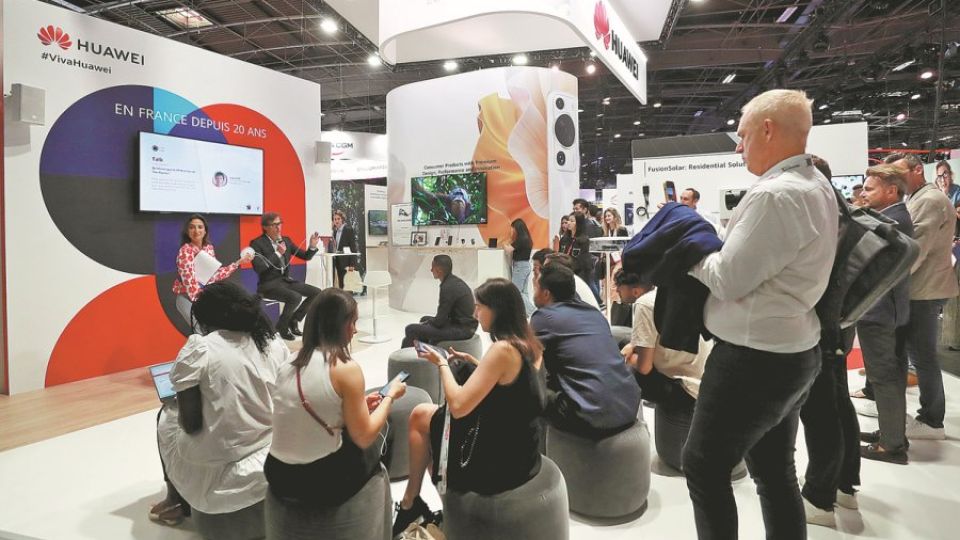June 21, 2023
BEIJING – Whenever the United States is looking to restrict China’s technology, it usually pushes allies and other countries to go along with it. But some of those countries are resisting.
Speaking at the Global Tech Day event organized by news website Politico in London on Thursday, officials from the European Union, Malaysia and Singapore voiced skepticism about the US’ efforts to elbow China out of the global high-tech trading system. They are also hesitant to join Washington as it looks to thwart China’s technology rise, Politico reported.
“For Malaysia, China is an important trading partner,” Fahmi Fadzil, Malaysia’s digital communications minister, said. “Malaysia is a neutral country; we do adhere to a free market policy.”
David Koh, chief executive of the Cyber Security Agency of Singapore, said his country had become rich because of its open economy and would continue to work with China.
Lucilla Sioli, senior official within the Directorate-General for Communications Networks, Content and Technology at the European Commission, said Brussels would also conduct business with Beijing.
US officials are urging their allies to be more wary of Chinese technology, including attempts to sideline Beijing within the booming telecommunications and semiconductor industries, as well as potential limits on how artificial intelligence is used, Politico reported.
The policy of “de-risking”, particularly around high-tech industries, was also problematic, Koh was quoted by Politico as saying. “Our concern is that de-risking, taken too far, will affect the current status quo.”
A US ally that has seen a drop in its business because of political pressure is South Korea. Last month, the country witnessed a significant decline in its tech trade with China. Semiconductor shipments from South Korea to China were down 35.7 percent compared with the previous year, its Ministry of Trade, Industry and Energy said.
Economic impact
The country’s semiconductor industry, led by Samsung Electronics and LG, is crucial for the US’ export control efforts against China, tech news website Gizmochina said.
China makes up more than 60 percent of chip exports for South Korea, while the US receives only 7.7 percent.
Emre Alkin, professor at Topkapi University in Turkiye, wrote in an article for Tech Wire Asia that Turkiye needs at least 2 million kilometers of fiber optic network and microwave technologies to switch to 5G.
“The strategy of targeting Chinese firms by the United States and its allies during the (former US president Donald) Trump administration may have started with Huawei. However, the economic impact has ultimately affected many countries including my own, Turkiye,” Alkin wrote.
“Due to frequent earthquakes, almost every city in the country, particularly Istanbul with millions of habitants, needs to be transformed into ‘smart cities’ for emergency communication and management. So, Turkiye needs companies like Huawei or other partners that can help it to develop.”
British Telecommunications, one of the biggest network providers in the United Kingdom, spent nearly $705 million to remove Huawei’s equipment from its EE mobile network, Reuters reported. Vodafone, a mobile phone giant in Europe, spent $219 million on it, while Deutsche Telekom is estimated to spend billions of dollars to replace Huawei antennas in European countries.
“Analysts say that removing Chinese infrastructure made the 5G infrastructure in Europe $55 billion more expensive and delayed it by one and a half years,” Alkin wrote.


